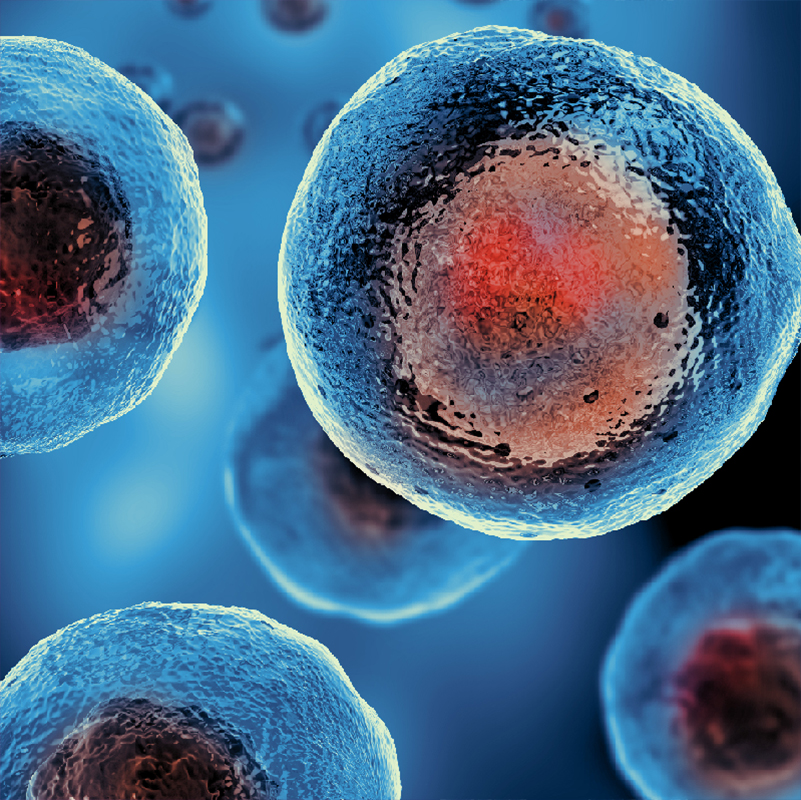SENESCENCE
Cellular senescence: what is it and why is it important?

With “cellular senescence” we refer to a situation in which cells become “old”, stop replicating and begin to produce specific molecules that recall the immune system to eliminate them and replace them with new “fresh” cells, able to replicate and do their job.
Cell senescence is therefore a physiological process, functional to cell renewal. Various studies also illustrate how this mechanism corresponds to a specific form of protection of the organism from pathologies, primarily oncological ones, since, by slowing down the replication of cells, the possibility of growth of possibly mutated cells is blocked in the bud. The recall of the immune system also allows the elimination of any cells with malignant characteristics that can therefore be replaced by new and normal ones.





